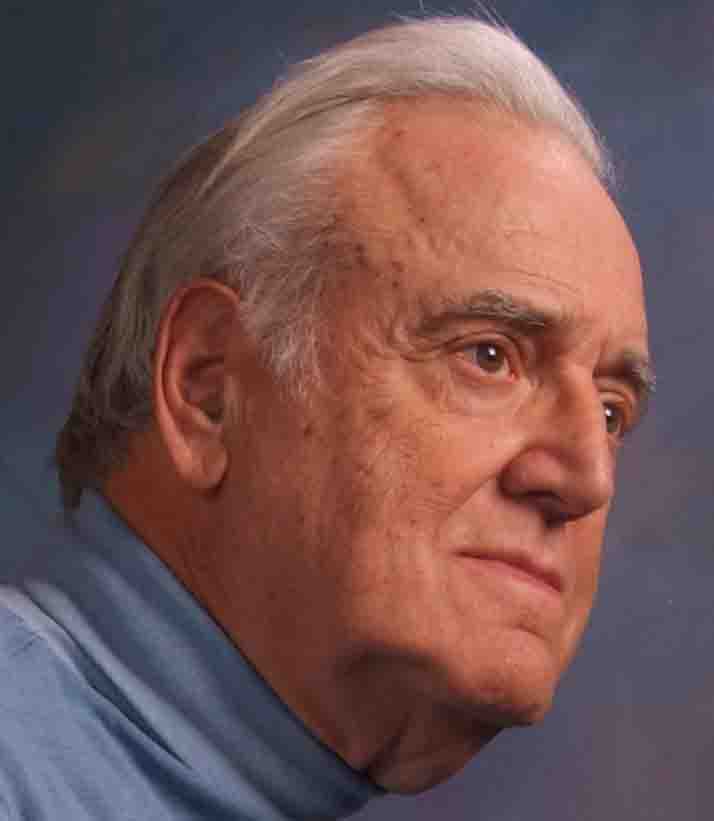"In the conditions of modern life, the rule is absolute: the [nation] that does not value trained intelligence is doomed."Alfred North Whitehead
"That's just my opinion, but I'm sticking with it!" "Well, it's true (or good) for me!" "Who's to say?"
These are the sort of student pronouncements that drive Philosophy professors into early retirement. More often then not, they are "thought-stoppers," indicating a firmly closed student mind.
But not always. That question, "who's to say?," might also be a plea deserving an answer. If so, it is the sort of student question that philosophy professors cherish, for it is an opening door to philosophy and to science. As Socrates reportedly said:, "philosophy begins in wonder." Also science.
So why should we give more credence to the conclusion of 97% of thousands of climate scientists, than we give to Sen. Inhof's snowball or the Heartland Institute's sophistries? And why should we believe evolution rather than Genesis? Isn't evolution "just a theory"? Why shouldn't we regard science a "just another dogma? That is the guiding question of this essay.
These days, snarky thought-stoppers that attempt to reduce facts to personal beliefs are not unique to college students. Just listen to the media, to corporate public relations, to televangelists, or worst of all, to the policy pronouncements of the Trump administration and congressional republicans.. Consider the spectacle of the tobacco company CEOs telling the Congressional committee, under oath, "I do not believe that nicotine is addictive" -- this, despite overwhelming scientific evidence that nicotine is, in fact, addictive.
And as noted above, the virus of irrationalism is epidemic in the colleges and universities of the realm, in the guise of "post-modernism" whose most extreme adherents regard competing theories of reality, such as astronomy and astrology as "social constructs" and "stories," each with an "equal right to be heard and appreciated."
How has it come to this? Throughout the just-completed century, the United States has been the world leader in technological innovation and scientific advancement. And yet, the American public, by and large, is dismally ignorant of basic scientific information. Thus the Los Angeles Times reports (May 10, 1992), that a third of Americans believe that astrology "has some scientific merit," and reportedly half do not accept evolution. And in May, 1996, the Associate Press reported that "fewer than half of the American adults understand that the Earth orbits the sun yearly... Only about nine percent knew what a molecule was, and only 21 percent could define DNA."
A library of books have been written about the methodology of science, many of them quite controversial. Among philosophers of science one will find a myriad of hotly contested theories about "how science works." Even so, there are a few fundamental features of scientific activity that most observers of science will accept, and which the ordinary non-scientific citizen might readily understand. These are also features that set science distinctively apart from non-scientific truth claims. I will discuss just nine of these features.
First, scientific activity is public and replicable.
The community of scientists is elite and restricted, and yet, paradoxically, it is also open. Few individuals are qualified to conduct an experiment with a particle accelerator, or to carry out a DNA test. But anyone with requisite intelligence and diligence who is willing and able to undergo the required training may, in principle, be able to perform these activities. Moreover, any and all such qualified individuals must be able to repeat the experiments and produce the evidence claimed by other scientists. Remember "cold fusion," that "revolutionary scientific breakthrough" that was going to supply us with an endless supply of cheap energy? It failed the "replicability test." Repeated failures by other scientists to duplicate the results claimed by Fleischman and Pons led to the well-deserved demise of this "breakthrough." "One-time-only" episodes of "Divine revelation" and "anecdotal evidence" from singular events do not cut it scientifically. (However, as we will see below, some accounts of singular events can launch fruitful scientific investigations).
Science is Cumulative.
"If I have seen further," said Isaac Newton, "it is by standing on the shoulders of giants." And thus, of course, Newton was another of those "giants." Mathematics necessarily developed sequentially, from arithmetic to algebra (the Arabs) to analytic geometry (Descartes) to calculus (Newton and Leibnitz). Without Galileo and Kepler, there would have been no Newton. Without Linnaeus, no Darwin. Because science is ever open to new discoveries (see "falliblism" below), science allows nature to "speak to us" through experiment and observation. But only if we ask nature the right questions (i.e., if we know what we are looking for and describe it with an adequate (often mathematical) vocabulary. The science of the preceding "giants" gives us those questions. Thus science, as an accumulating body of knowledge and theory, is vastly greater than any particular scientist.
Science is Systemic, Coherent and Comprehensive.
(Note: You can view every article as one long page if you sign up as an Advocate Member, or higher).






